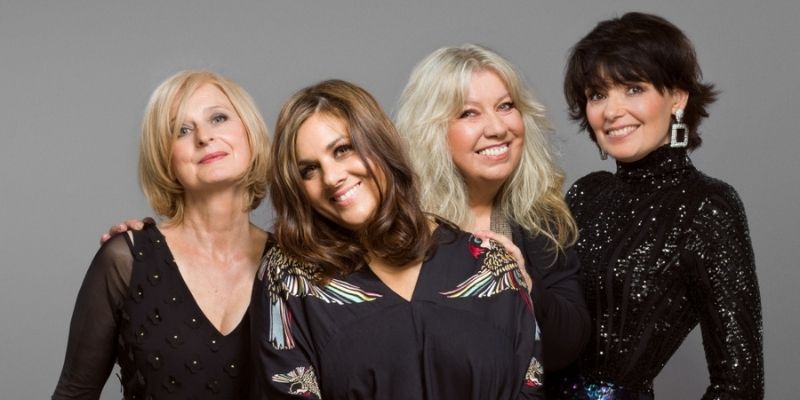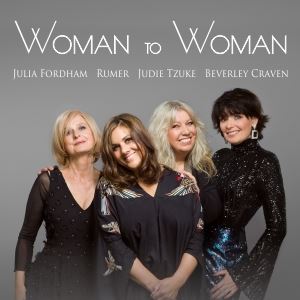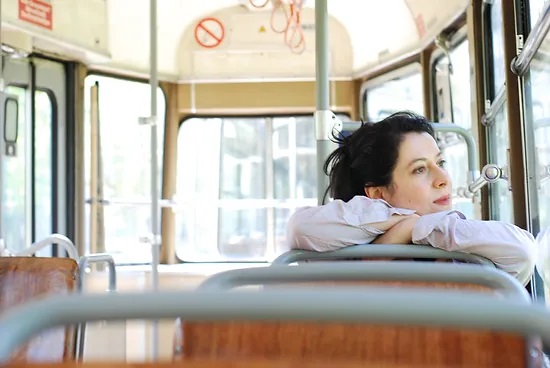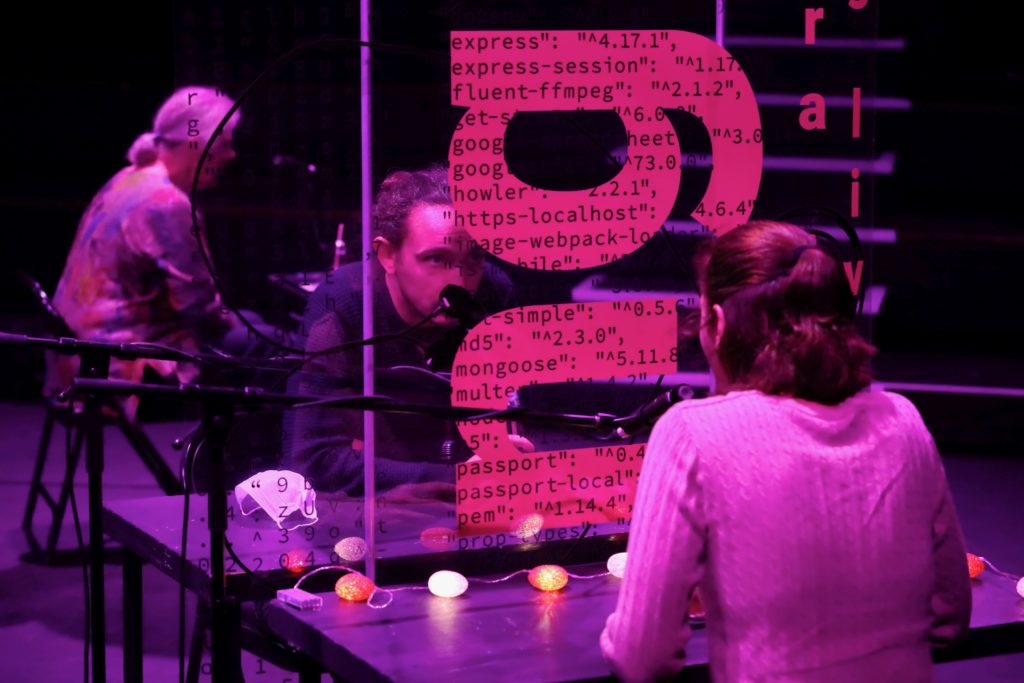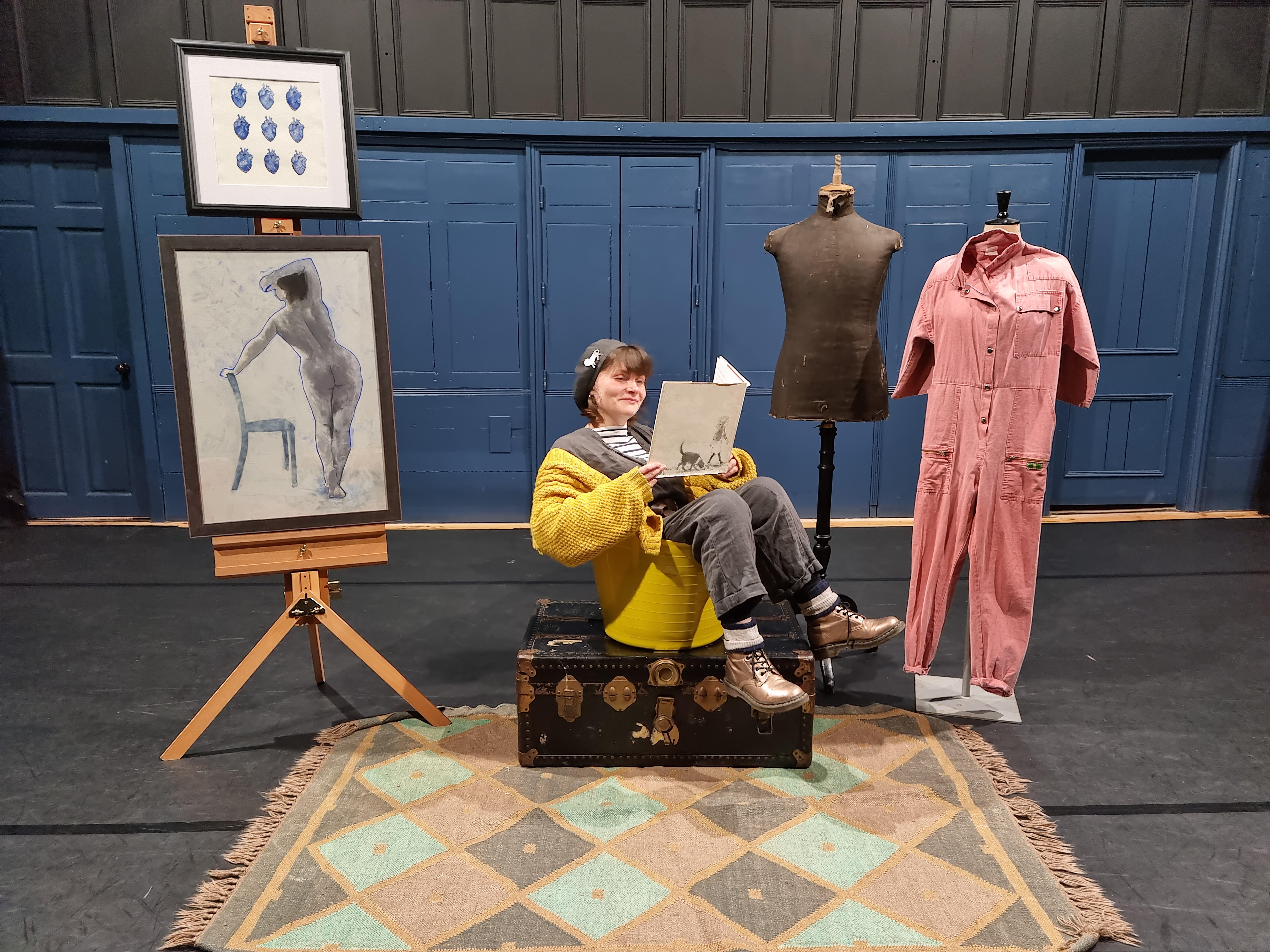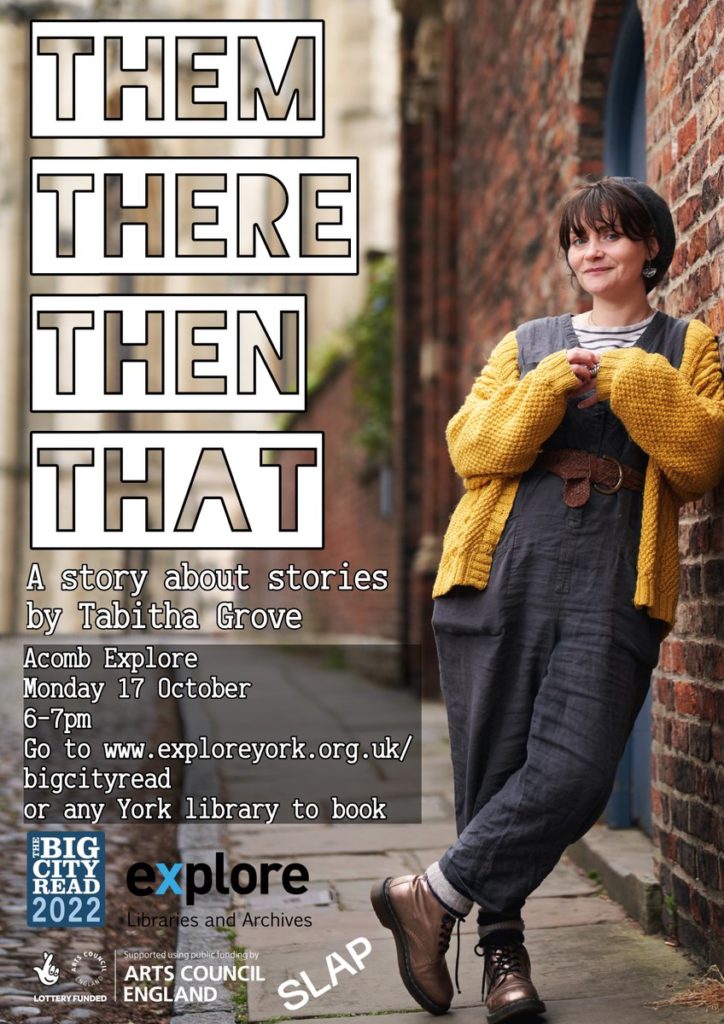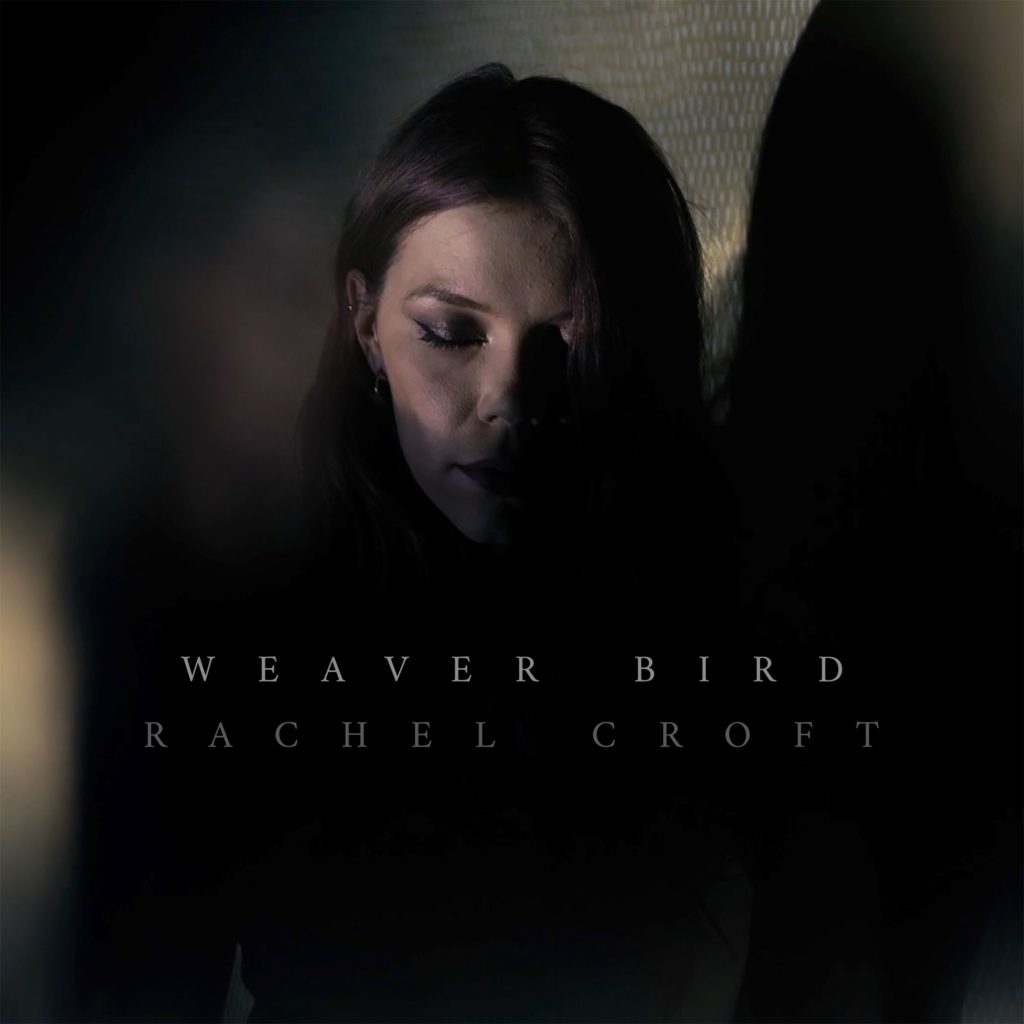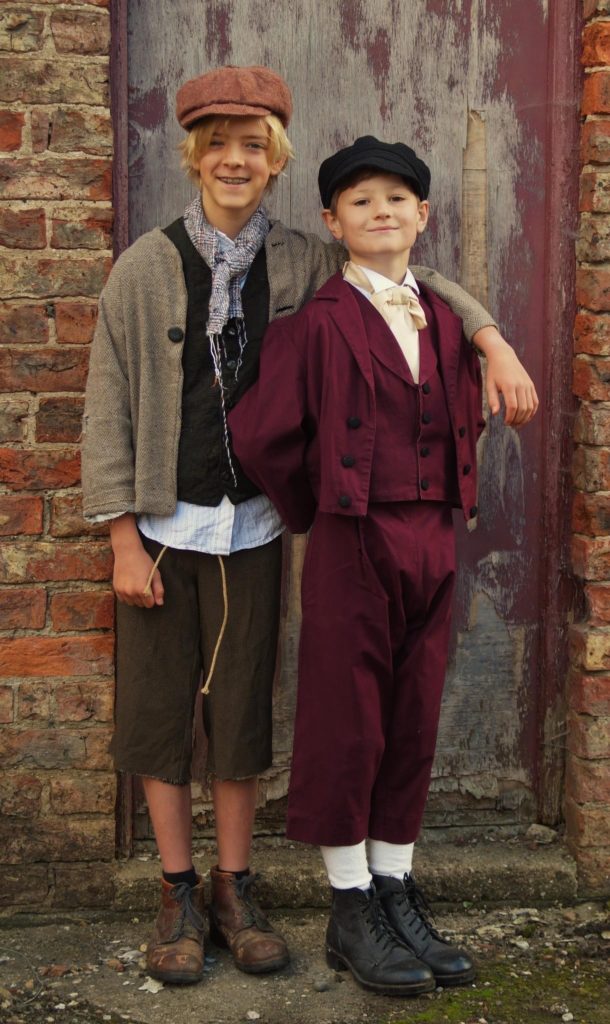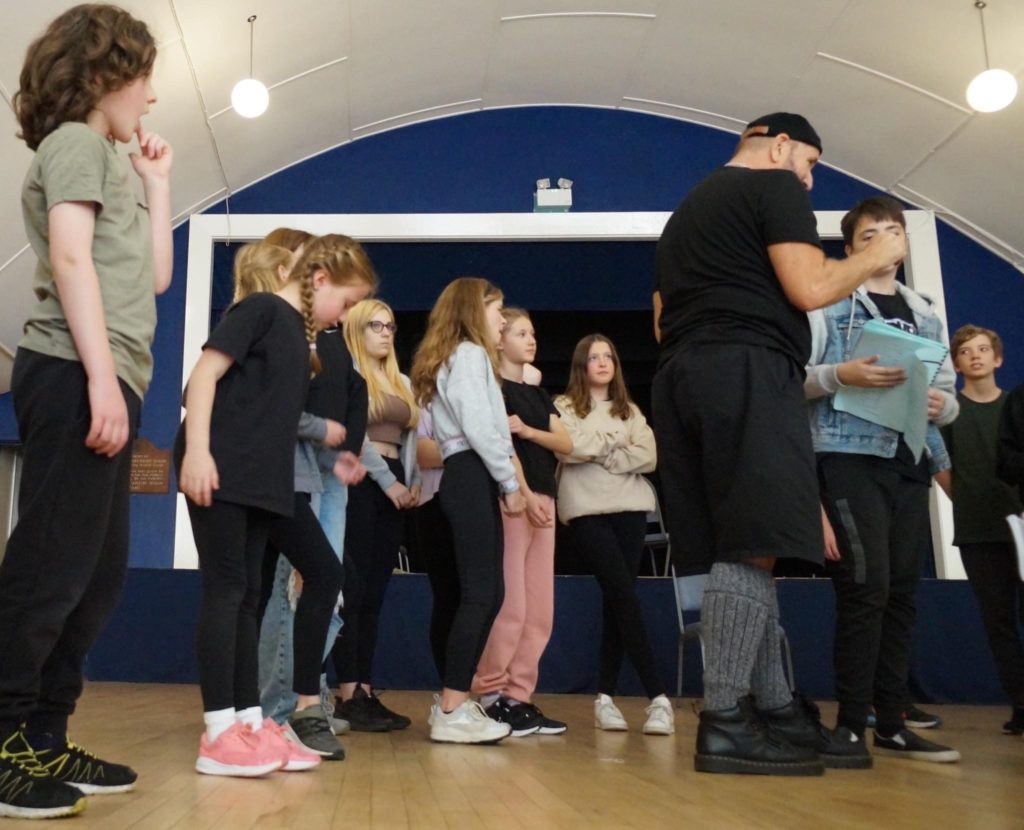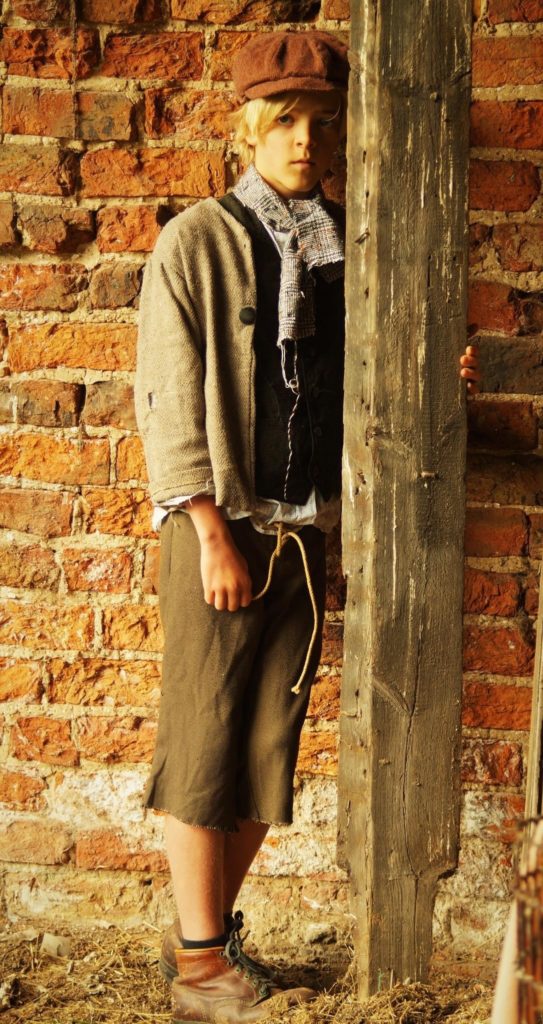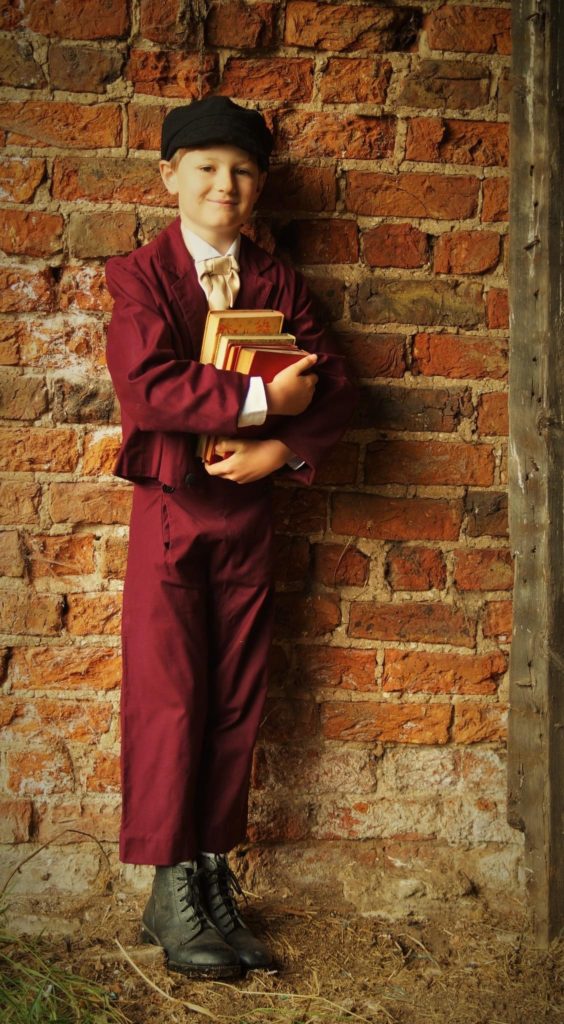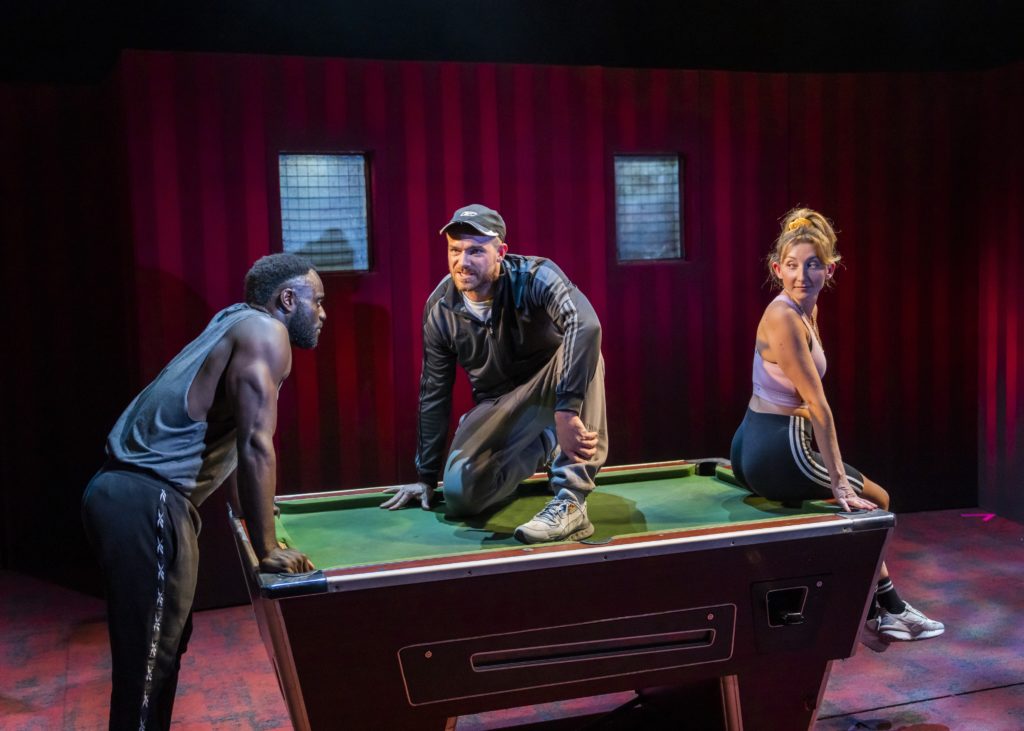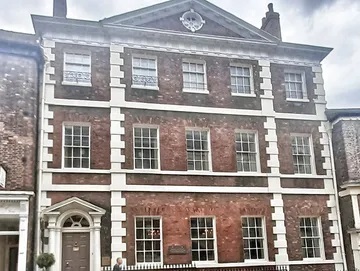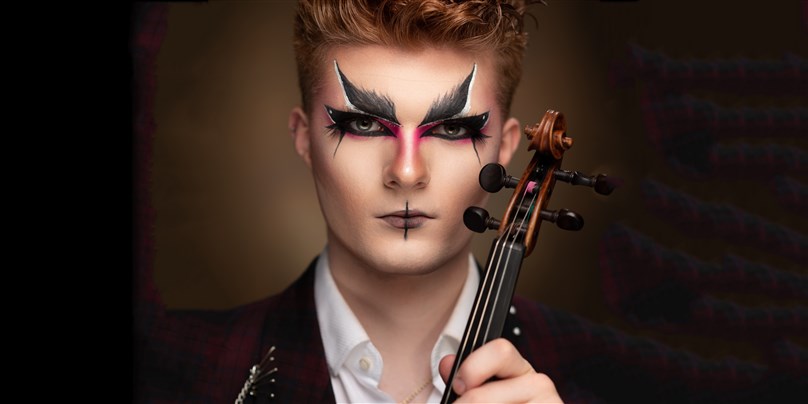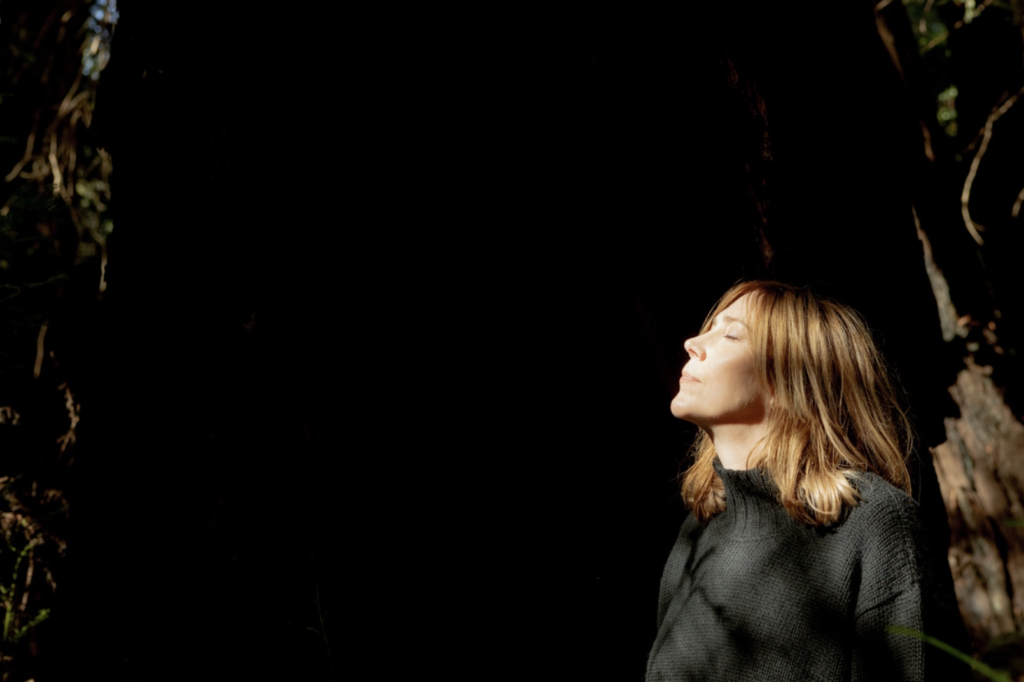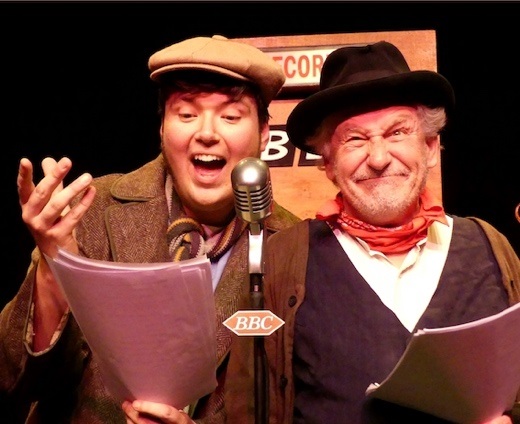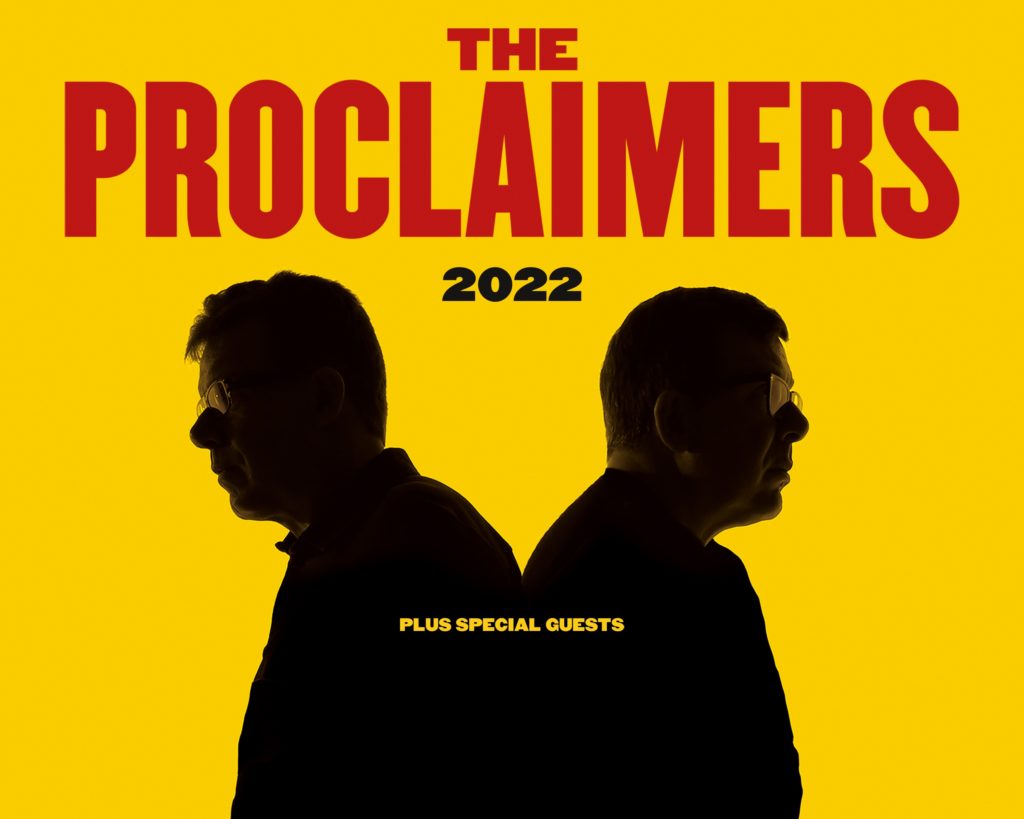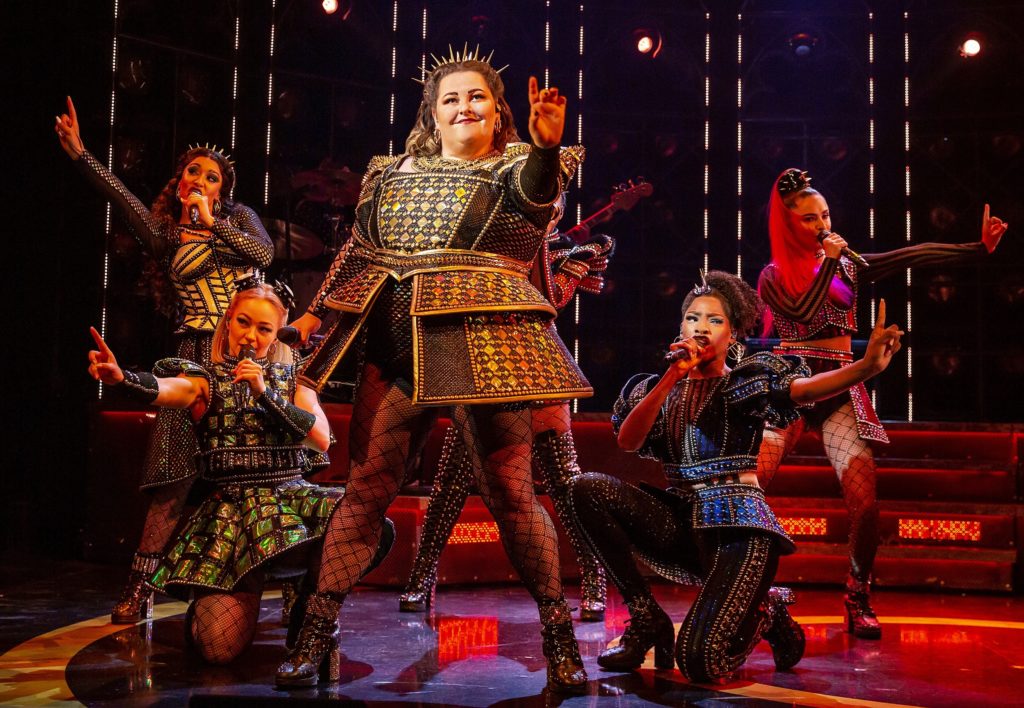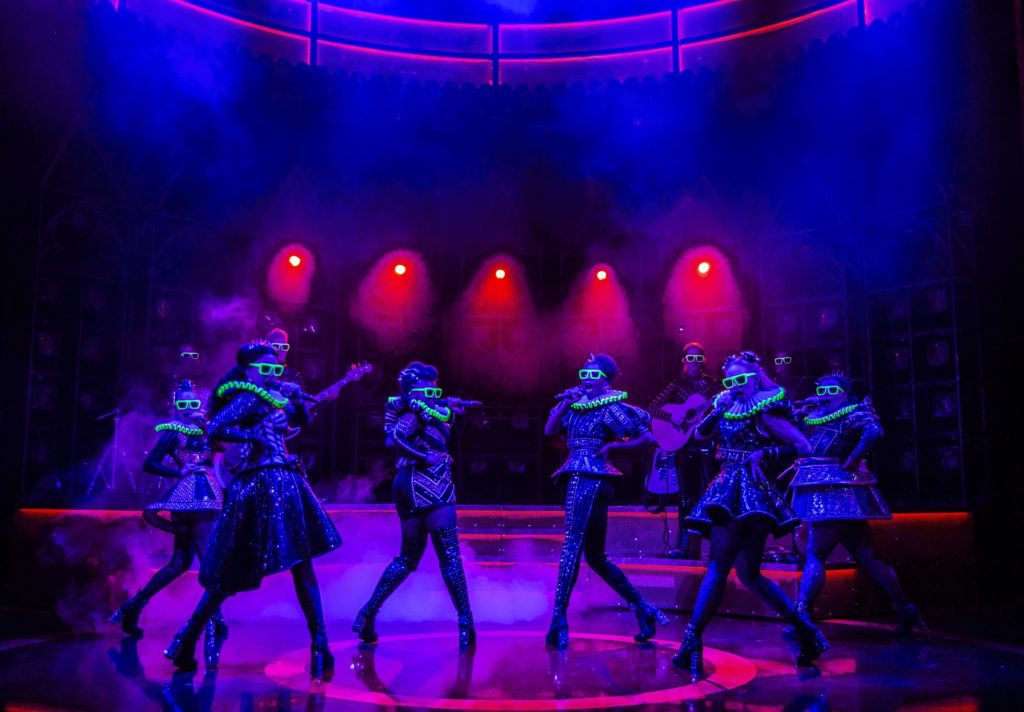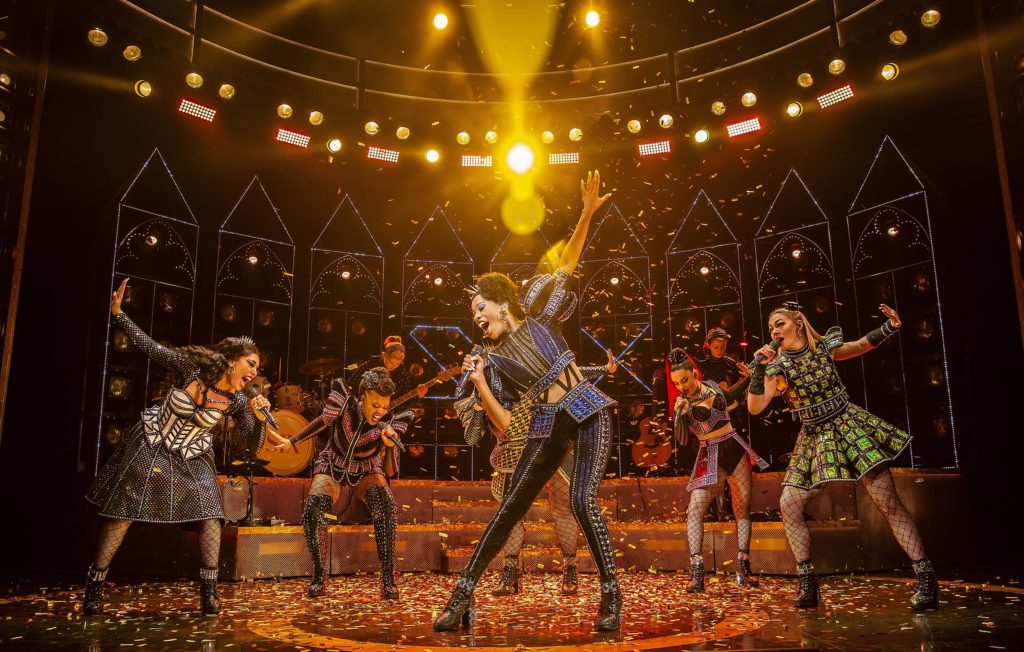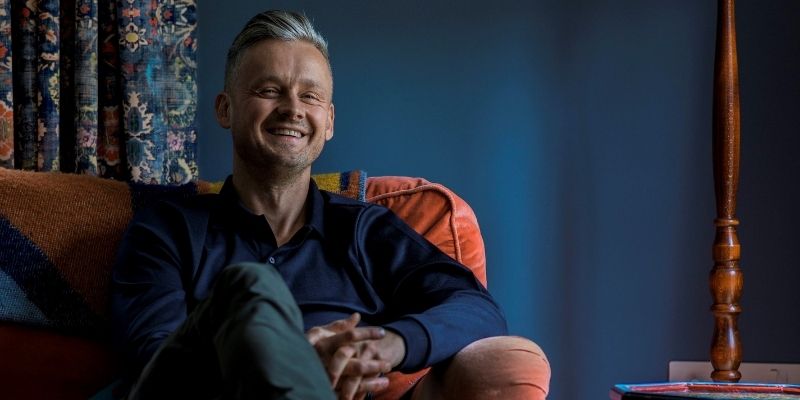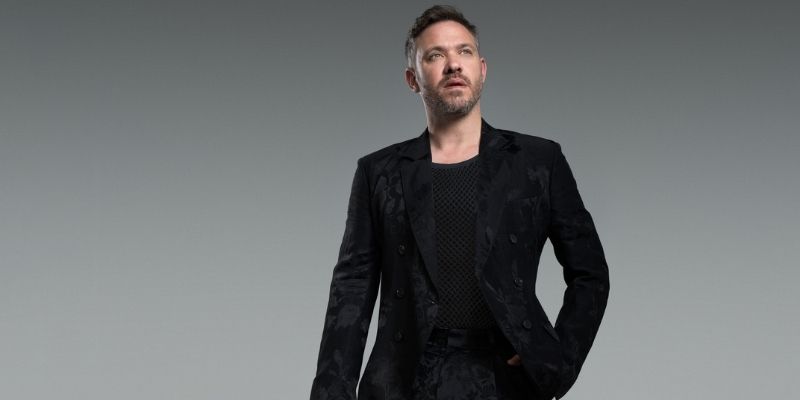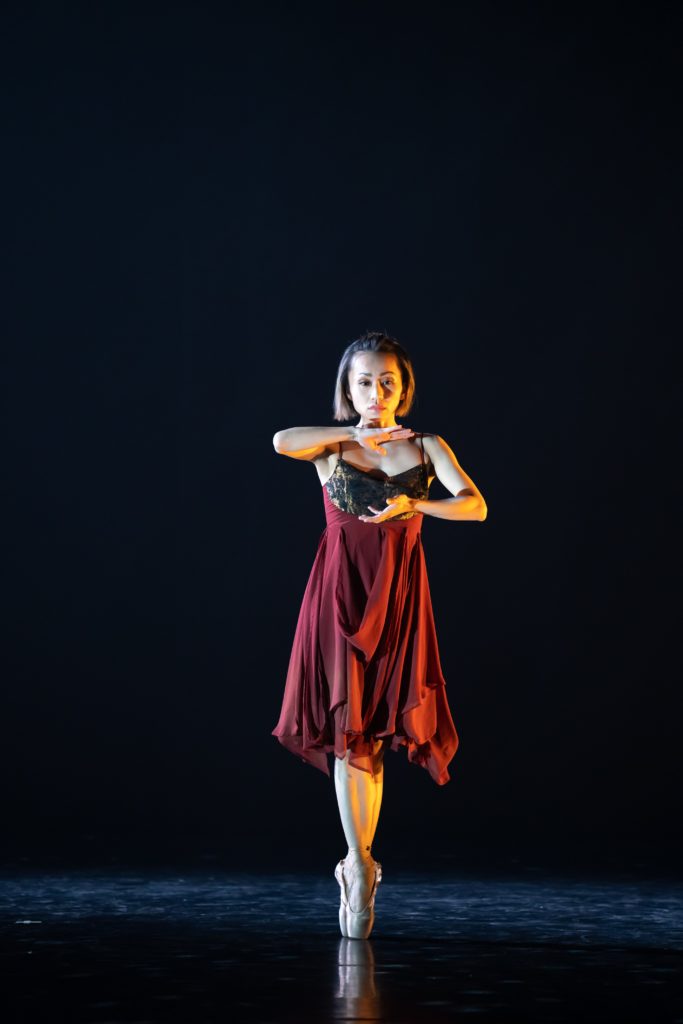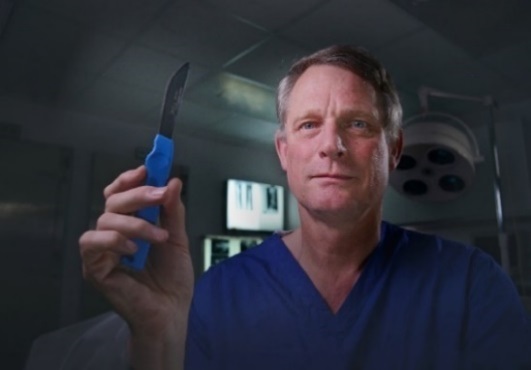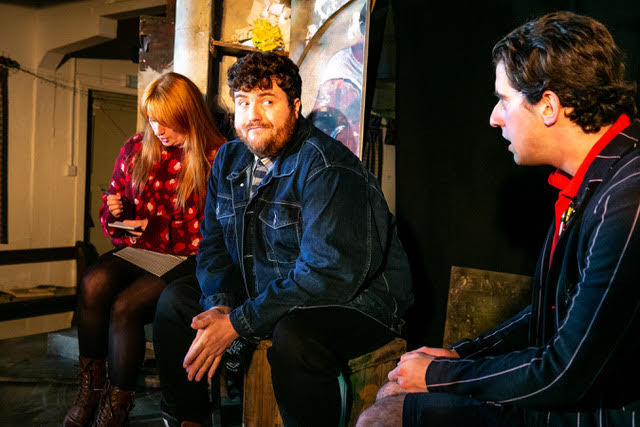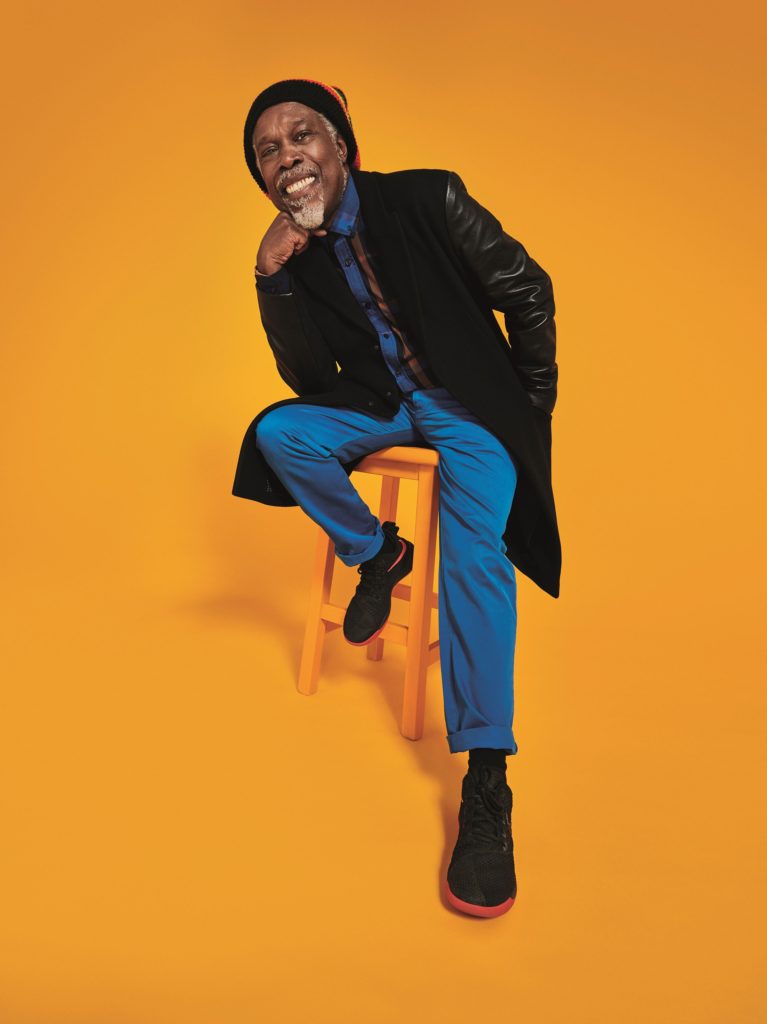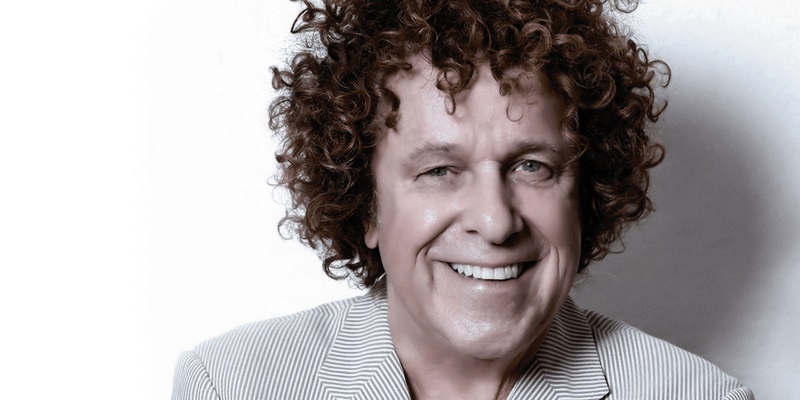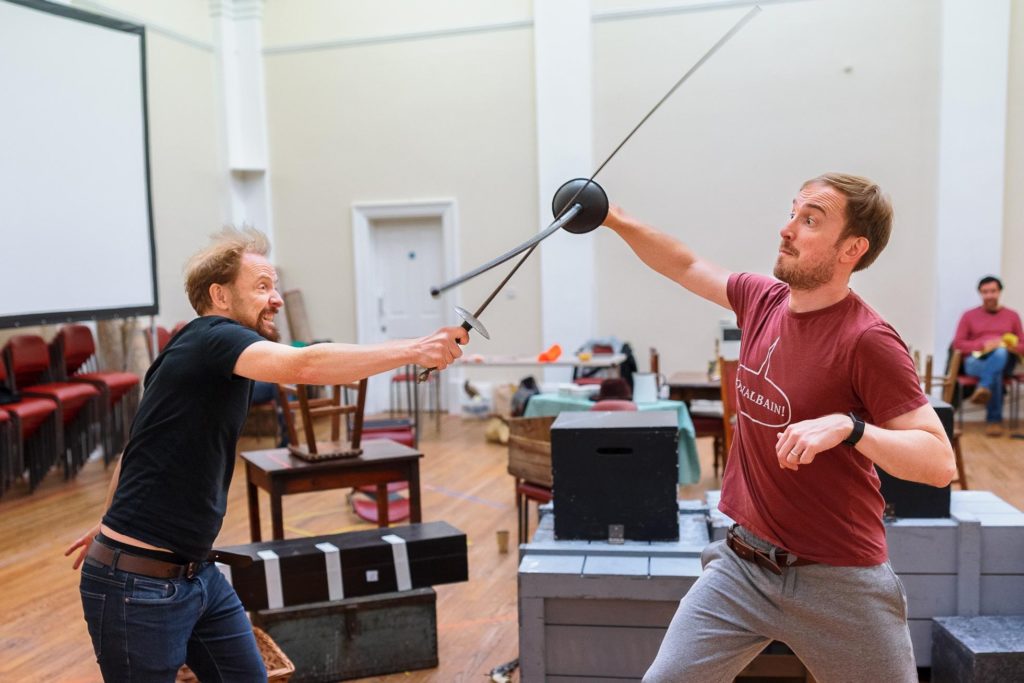
POLITICAL fireworks, street art indoors, beer and bratwurst, a Velvet Underground pioneer and the history of ghosts spark up Charles Hutchinson’s interest.
Premiere of the week: Guy Fawkes, York Theatre Royal, Friday to November 12
WAR-WEARY, treasonous son of York Guy Fawkes vows to restore a Catholic monarch to the English throne, whatever the cost. In the private room of an upmarket tavern, a clandestine of meeting of misfits takes place between this dark dissident, a Poundshop Machiavelli, a portly boob, a clumsy princess, a preposterous toff and a shoddy ham as they plot the most audacious crime ever attempted on British soil.
David Reed, from comedy trio The Penny Dreadfuls, plays York’s traitorous trigger man in his long-awaited combustible comedy-drama with its devilishly dangerous mix of Blackadder and Upstart Crow. Box office: 01904 623568 or yorktheatreroyal.co.uk.
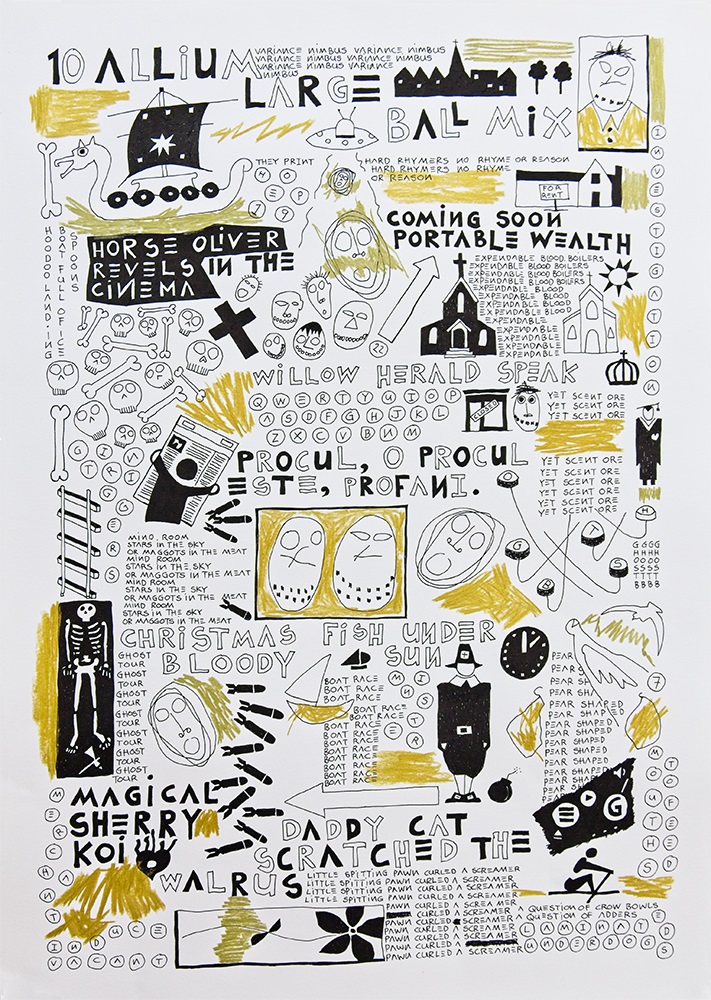
Exhibition of the week: Navigators Art, Coney St Jam: An Art Intervention, StreetLife project hub, Coney Street, York, until November 19
YORK collective Navigators Art draw inspiration from the city’s rich heritage and vibrant creative communities to explore ways to revitalise and diversify Coney Street. On show is painting, drawing, collage, textile and 3D work, complemented by photography, projections, music and poetry.
Taking part are: Steve Beadle; Michael Dawson; Alfie Fox; Alan Gillott; Oz Hardwick; Richard Kitchen; Katie Lewis; Tim Morrison; Peter Roman; Amy Elena Thompson; Dylan Thompson and Nick Walters.
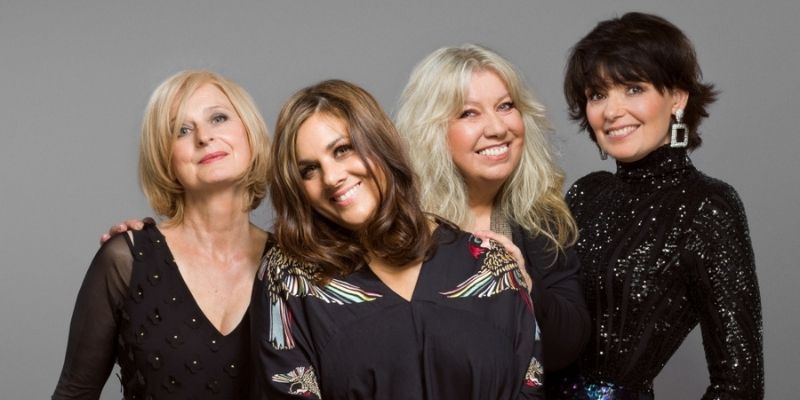
Collaboration of the week: Woman To Woman (Beverley Craven, Judie Tzuke, Julia Fordham & Rumer), York Barbican, tonight, 6.30pm
NOT a rumour, definitely true, Beverley Craven, Judie Tzuke and Julia Fordham have invited Rumer to join them for the latest Woman To Woman tour.
In this collaboration between the four female singer-songwriters, they present hit singles and album tracks, such as Promise Me, Happy Ever After, Welcome To The Cruise, Slow, Holding On, (Love Moves In) Mysterious Ways, Aretha and Stay With Me Till Dawn.
“We cannot wait to share a stage together, create beautiful vocal harmonies with each other and collaborate on some possible new material,” they say. Box office: yorkbarbican.co.uk.

Comedy gig of the week: Helen Bauer, Madam Good Tit, Theatre@41, Monkgate, York, tonight, 8pm
SELF-AWARE stand-up Helen Bauer is on the road with her Edinburgh Fringe show about self-confidence, self-esteem and self-care. “It’s the year of ‘the self’ and I’m trying to be the change I want you to see,” says Helen, who grew up in Hampshire blandness and honed her comedic craft in Berlin.
Expect adult themes and language, including natural disasters and eating disorders, forewarns Theatre@41, as York awaits the co-host of two podcasts, Trusty Hogs with Catherine Bohart and Daddy Look At Me with Rosie Jones. Box office: tickets.41monkgate.co.uk.
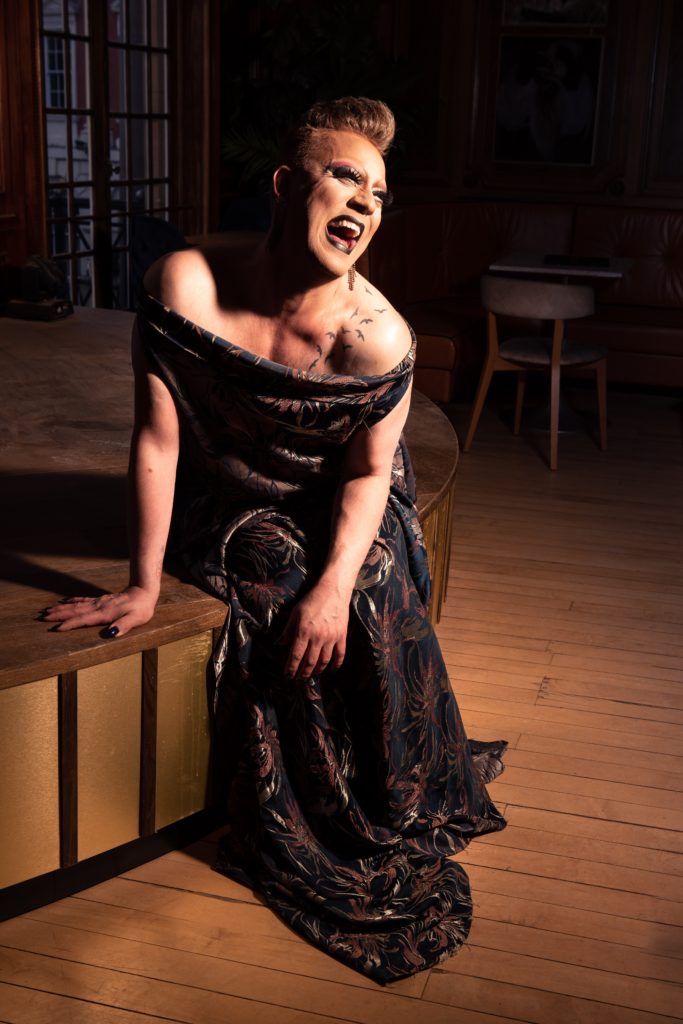
Festival of the week: Yorktoberfest Beer Festival, Clocktower Enclosure, York Racecourse, today and next Saturday, 1pm to 5pm, 7pm to 11pm; Friday, 7pm to 11pm. Doors open: evenings, 6.30pm; daytime, 12.30pm.
FOLLOWING up last year’s debut, Yorktoberfest returns in party mood for beer, bratwurst, bumper cars and all things Bavarian. This beer festival mirrors the first Oktoberfest staged in 1810 in Munich, where the citizens were encouraged to eat, drink and be merry at the wedding of Crown Prince Ludwig of Bavaria and his princess bride.
Step inside a giant marquee to discover the rustic Bavarian Bar and Dog Haus, full of bratwurst, currywurst, schnitzel, apple strudel and pretzels; live music by the Bavarian Strollers oompah band and vocal drag queen entertainment by York’s own Velma Celli. Dodgems and a twister add funfair thrills. Box office: yorktoberfest.co.uk.
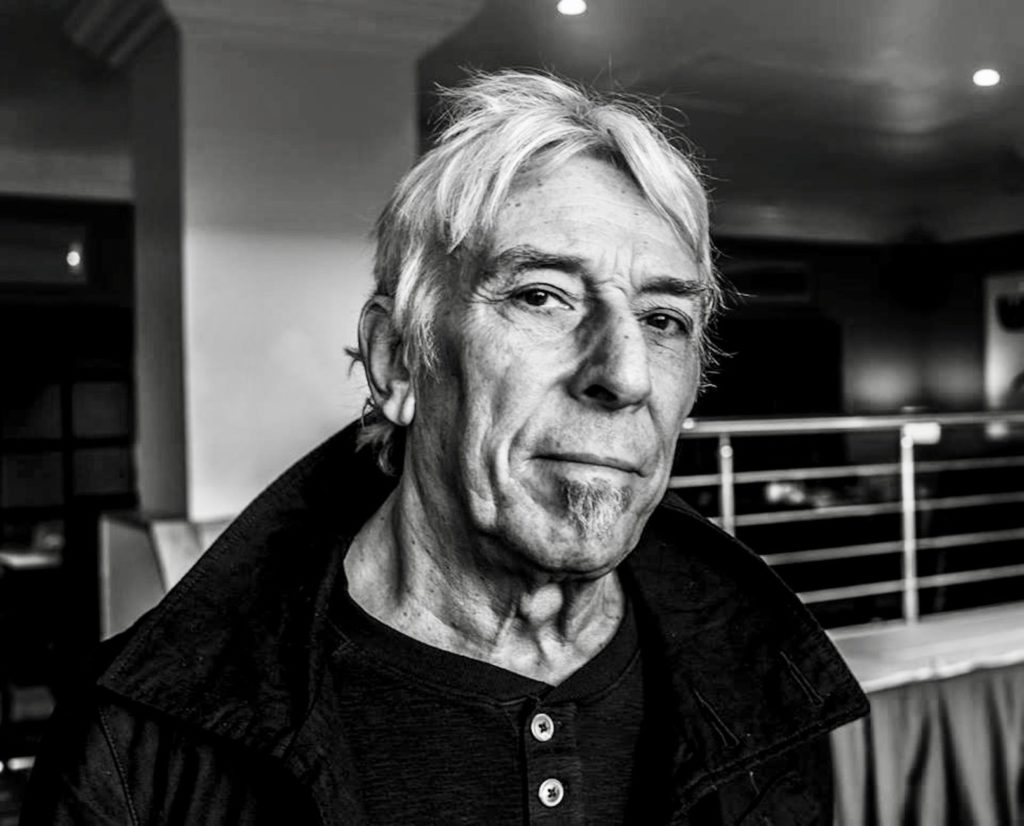
THE gig of the week, John Cale, York Barbican, Monday, 8pm
VELVET Underground icon John Cale’s only Yorkshire gig of his rearranged 2022 tour has moved from July 19 to Monday on his first British itinerary in a decade.
The Welsh multi-instrumentalist, songwriter and producer, who turned 80 in March, will be performing songs from a career that began in classical and avant-garde music before he formed The Velvet Underground with Lou Reed in New York in 1965.
Over six pioneering decades, Cale has released 16 solo studio albums, while also collaborating with Brian Eno, Patti Smith, The Stooges, Squeeze, Happy Mondays, Siouxsie And The Banshees, Super Furry Animals and Manic Street Preachers. Box office: yorkbarbican.co.uk.

From ghost walk to ghost talk: Doctor Dorian Deathly: A Night Of Face Melting Horror (or The Complete History Of Ghosts), Theatre@41, Monkgate, York, Wednesday to October 31, 8.30pm
VISIT York Tourism Awards winner Doctor Dorian Deathly, spookologist and ghost botherer, celebrates Halloween season with six nights of ghost stories, paranormal sciences, theatrical trickery, horror, original music and perhaps the odd unexpected guest (with the emphasis on ‘odd’?).
“Together we will huddle around the stage and explore spine-chilling tales of hauntings, both local and further afield, dissemble horrors captured on film and follow the ghost story through from the origins to the Victorian classics and modern- day frights,” says Deathly, whose face-melting macabre amusements are suitable for age 13 upwards. Box office: tickets.41monkgate.co.uk.
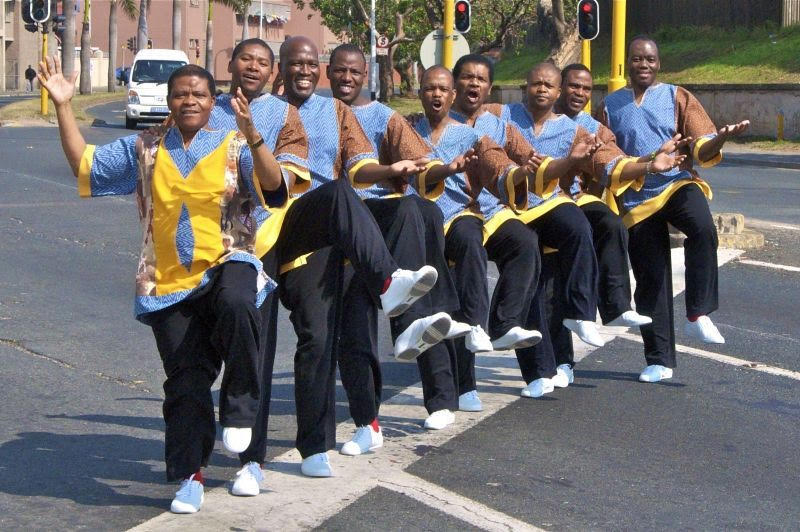
Harmonies of the week: Ladysmith Black Mambazo, supported by Muntu Valdo, Grand Opera House, York, October 29, 7.30pm
SOUTH African singing group Ladysmith Black Mambazo’s York concert marks Black History Month on their first British tour for many years.
When Paul Simon incorporated their harmonies into his ground-breaking 1986 album Graceland, that landmark recording was seminal in introducing world music to mainstream audiences.
Founded by the late Joseph Shabalala, the Grammy Award winners have since recorded with Stevie Wonder, Dolly Parton, Emmylou Harris and Barnsley folk singer Kate Rusby. Box office: 0844 871 7615 or atgtickets.com/york.

